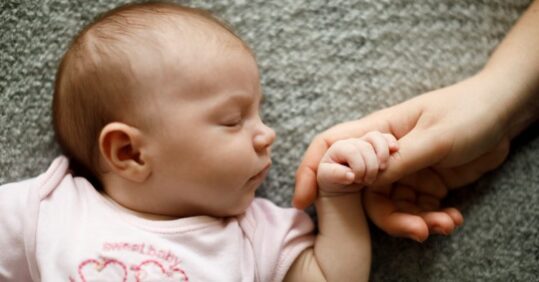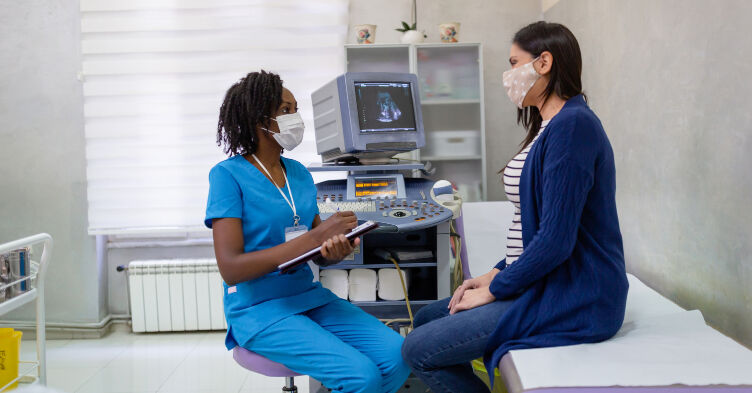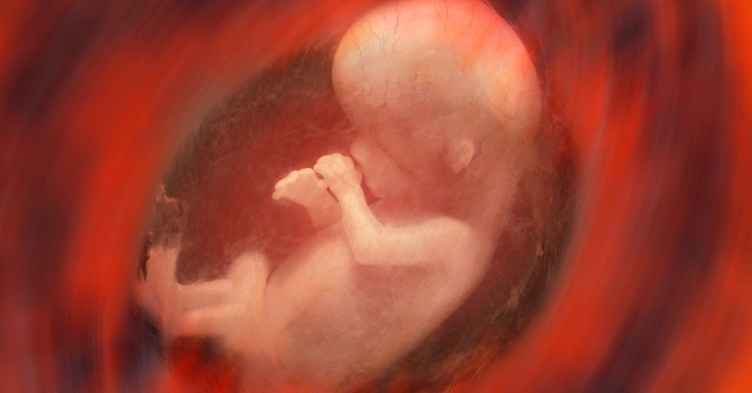Serious safeguarding incidents among babies rose by a fifth over the six months to October in England compared to the same period last year, Ofsted chief inspector Amanda Spielman has warned.
Of more than 300 serious safeguarding incidents reported to Ofsted between April and October during Covid, 40% involved children under the age of one, which is over a fifth more than in the same period last year. Eight of these babies died and more than a half (64 in total) suffered non-accidental injuries.
In her speech to the National Children and Adult Services conference on Friday, Ms Spielman urged midwives, health visitors, other healthcare workers and school staff ‘who have good relationships with families to build on that trust’ and flag up when they think a child maybe at risk.
She said: ‘Of course, babies can’t tell an adult if there’s a problem. Often, abuse is only uncovered when there’s a critical injury, or when it’s too late. Another young life damaged, and in the worst cases, lost, before it’s really had chance to begin.’
Ms Spielman added that the figures also included a high number of ‘unexpected infant deaths’ and ‘apparently preventable tragedies’, such as ‘babies not being put down to sleep safely, sharing a bed or sofa with a parent who has been drinking’.
She acknowledged ongoing work around identifying high-risk babies during lockdown ‘before the unthinkable happens’, including those with parents misusing substances or with serious mental health problems.
Ms Spielman also raised concerns about school-age children, pointing out that referrals to social care ‘dwindled’ with schools closed and health visitors redeployed to the acute sector.
Institute of Health Visiting (iHV) chief executive Dr Cheryll Adams said the increase in the number of babies losing their lives was ‘predicted early in lockdown’.
The First 1001 Days movement – a group of organisations campaigning for the wellbeing of babies, of which the iHV is a part – added in a statement that the harms during lockdown may have been preventable with professional support.
The statement continued: ‘The redeployment of health visitors, reduction in contacts with families by many services, and pivot to digital and telephone service delivery – where babies are often invisible – all hampered services’ ability to protect our youngest and most vulnerable citizens.’
Last month, Public Health England wrote to nursing directors advising that health visitors, school nurses and other professionals supporting children and families should not be redeployed again.
The mass redeployment of health visitors and school nurses during the first wave of the Covid-19 pandemic left vulnerable families without support, as Nursing in Practice reported earlier this year.







